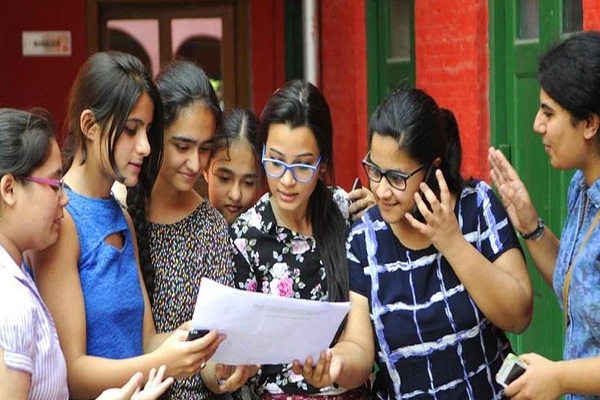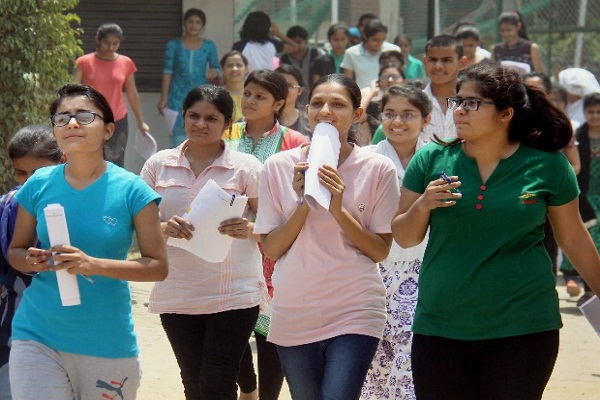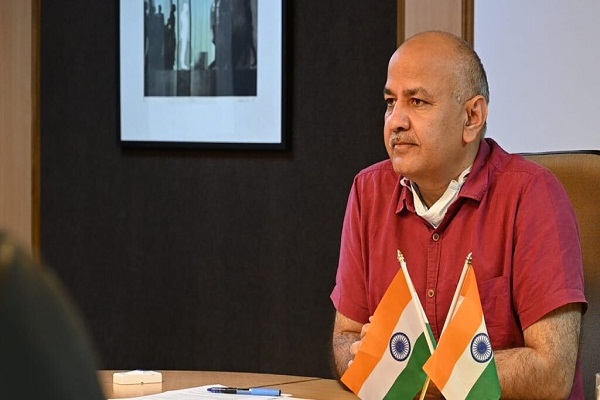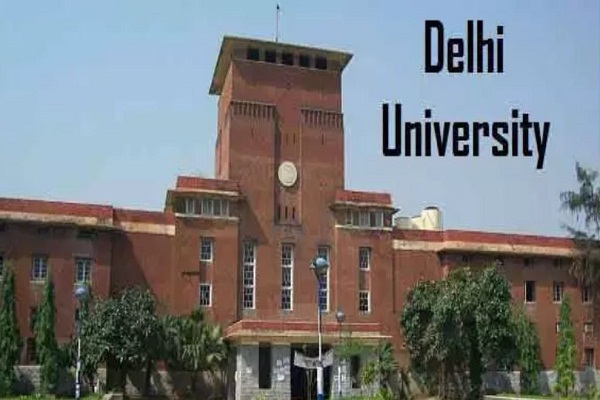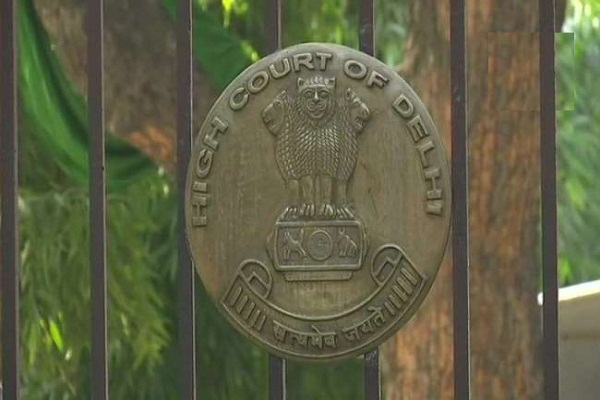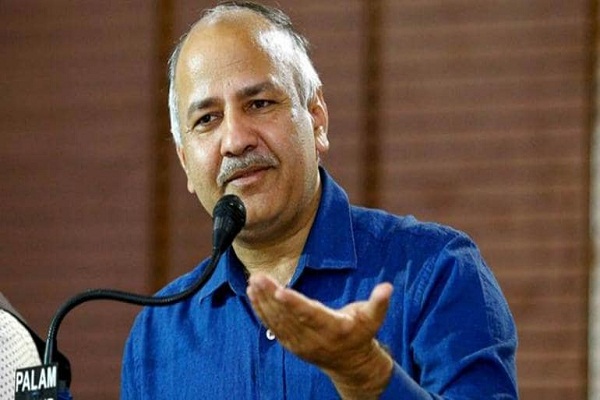In a major development, the Indira Gandhi National Open University (IGNOU) has announced the dates for the December term-end (TEE) examination. The term-end exam will be conducted in the first week of February.
The last date for online submission of forms has been extended, the candidates can apply till December 15. The last date for submission of projects/ internship/ field-work journals, etc through online/ offline mode also gets extended up to December 15.
According to IGNOU, “The students who could not appear in the term-end exam, June (held in September 2020) and the students, who are registering for the term-end exam, December (to be held in February 2021) and their validity of registration is expiring in December — their validity has been extended upto June 2021 as a onetime measure.”
Also read: IGNOU extends re-registration date for next semester
Further, the students who applied to appear in the term-end exam, June (held in September) but could not appear in any or all the courses will automatically be permitted to appear in the term-end exam, December (to be held in February 2021). However, the students who could not apply to appear in the June term-end exam will have to apply online for the December term-end exam along with the prescribed fees of Rs 150 per course, IGNOU mentioned.
The application deadline for the July session has also been extended, the candidates can apply till October 31









